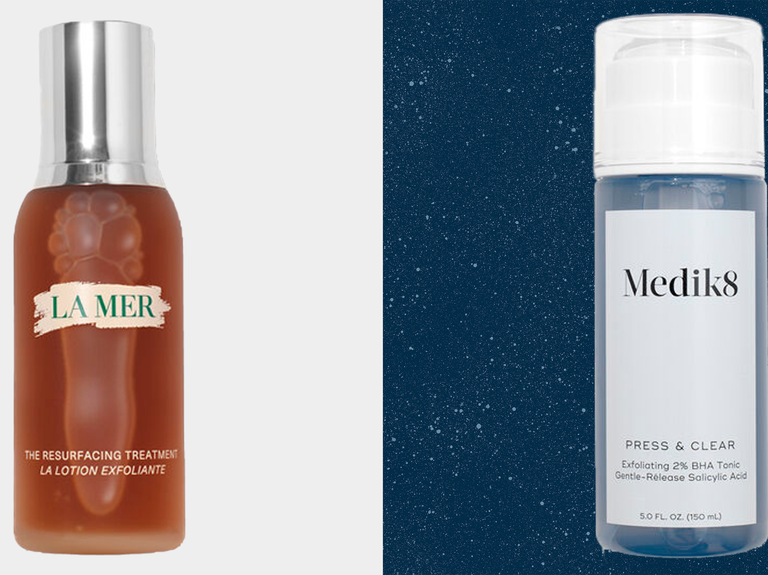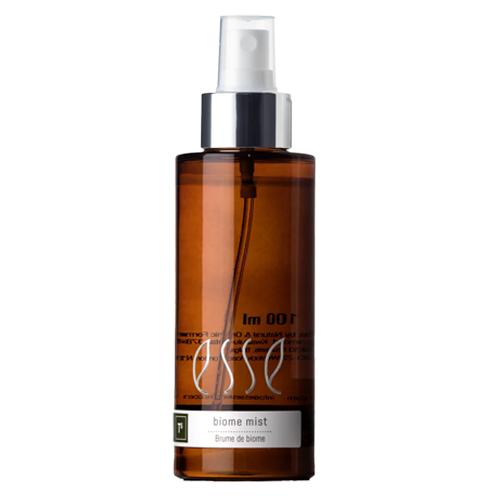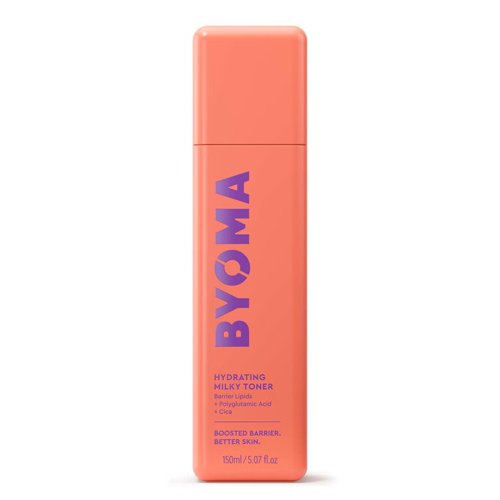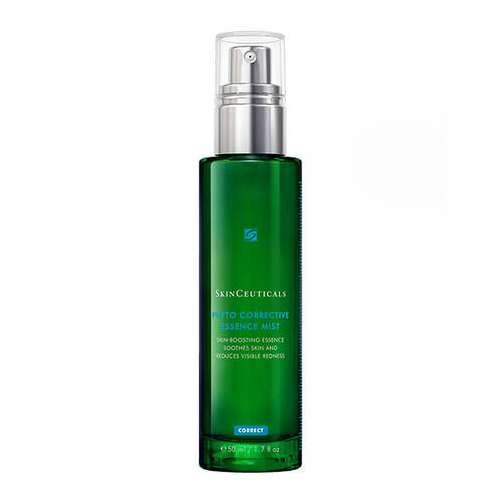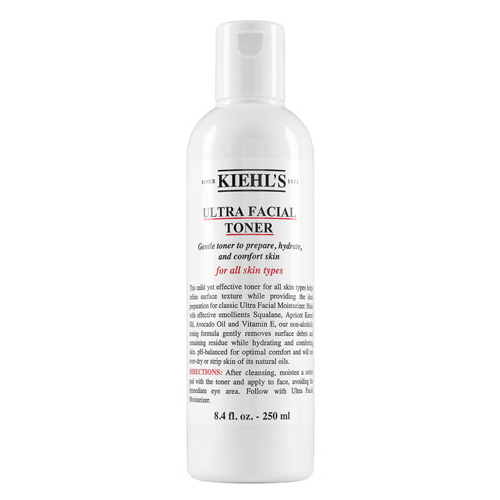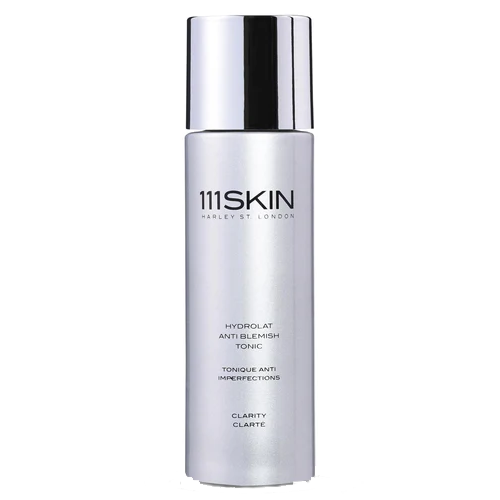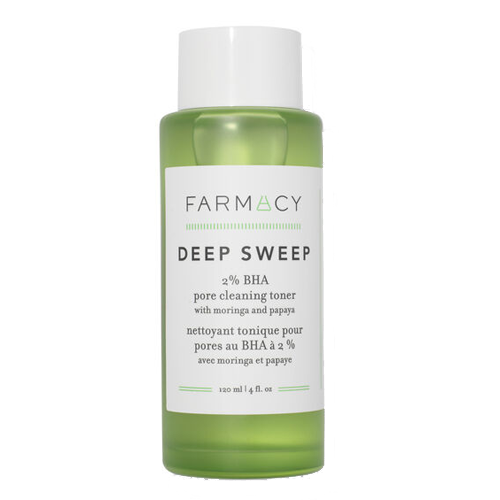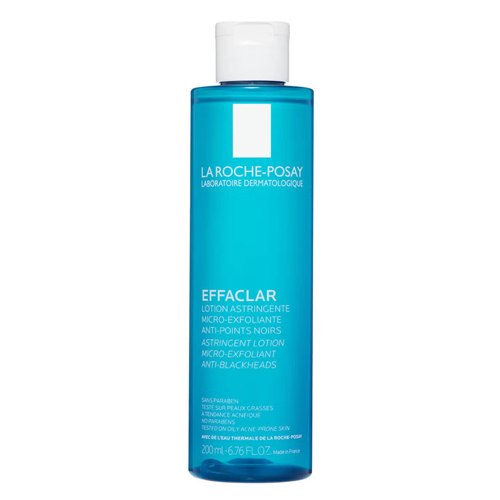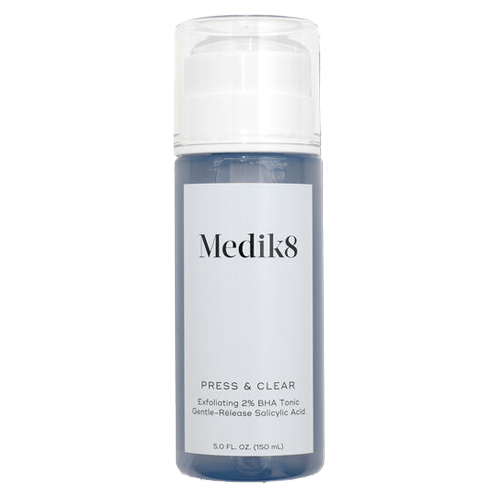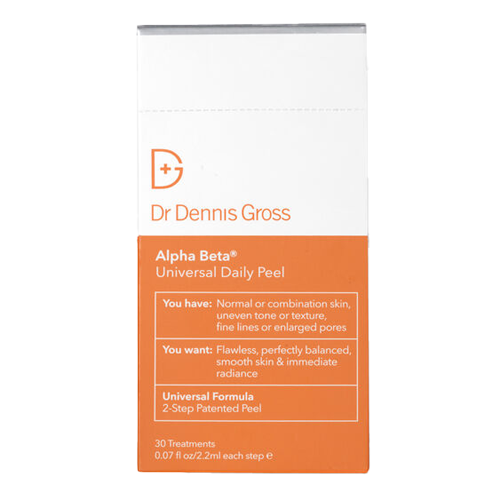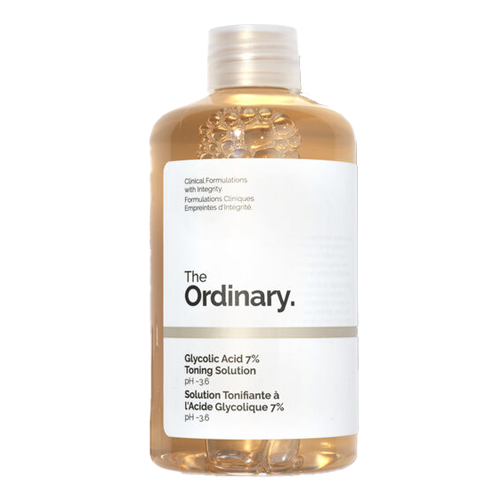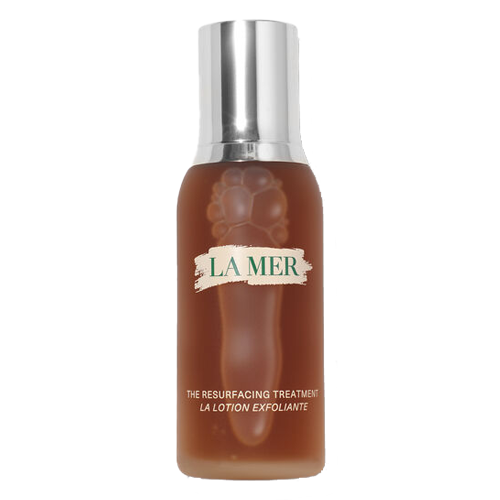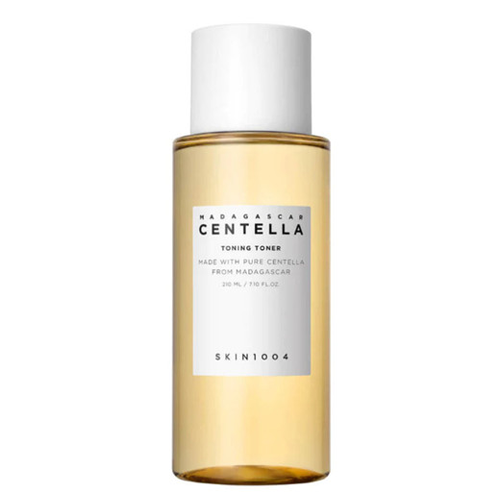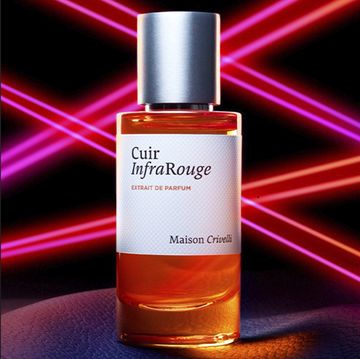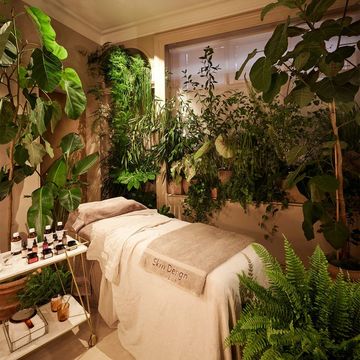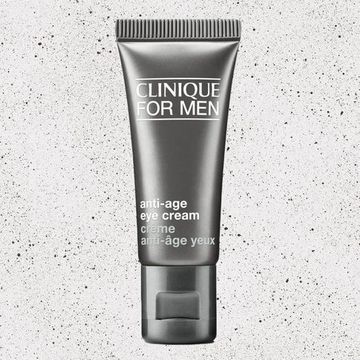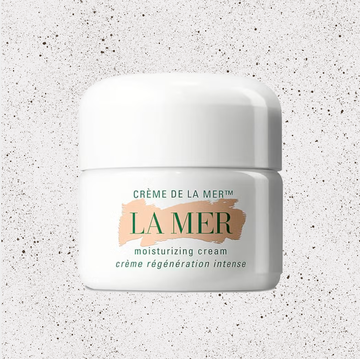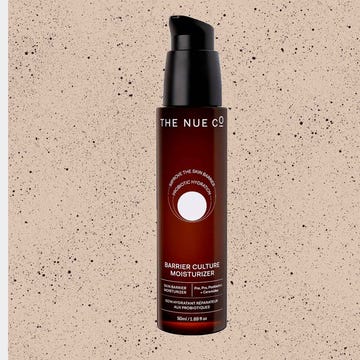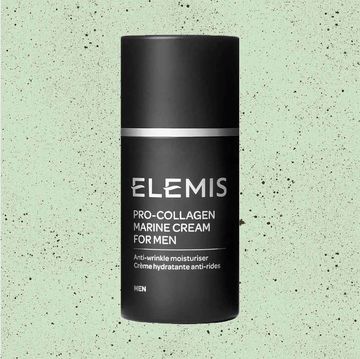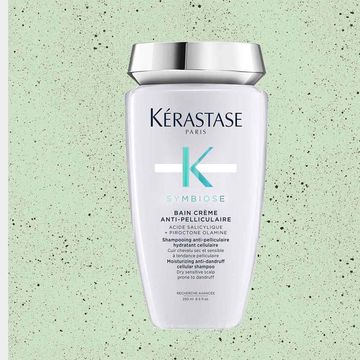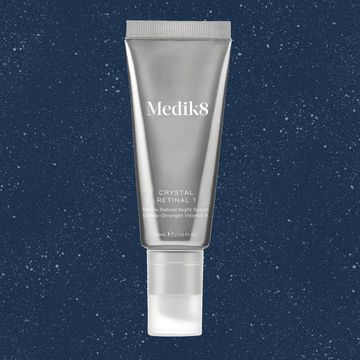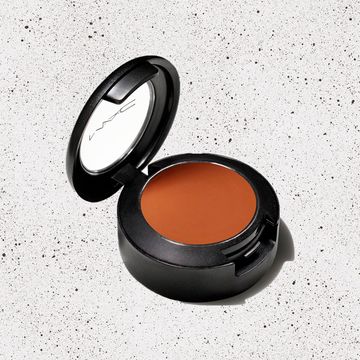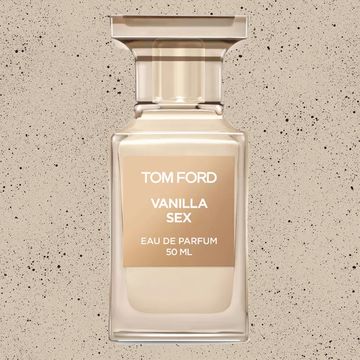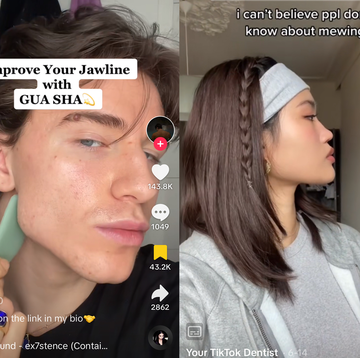Sign up to the Esquire Shops newsletter. Each week, we’ll be directing you towards some of the best menswear deals happening right now, alongside style advice, trend reports, grooming tips and product recommendations from the most tasteful people we know.
If you’re the kind of person who remembers to cancel streaming subscriptions before the free trial runs out and keeps a neat and tidy inbox, then you probably enjoy a streamlined way of life. And that Marie Kondo-mindset wouldn't go amiss in your skincare regime too, because undertaking a ten-step routine when you have ten minutes to get out the door isn’t going to spark any joy.
Which brings us onto one of the biggest points of contention within the skincare sphere: toners. Despite being constantly touted for its ‘benefits’, it can often feel like you’re just slapping your face with yet another mysterious lotion of questionable efficacy. Will it really change our visage for the better, or is it destined to fester in the bathroom cabinet, hidden behind the items you actually use?
We’ve consulted industry experts about their thoughts on the topic and handpicked some products that are actually worth the investment.
What Is It?
“Toners are traditionally a liquid product often used to balance the pH of the skin after cleansing,” shares Pfeffer Sal’s Dermal Therapist, Jayne Burton-Sazo. As mentioned, they’re applied after you’ve washed your face and should be used before serums, moisturisers, face oil (during the evening routine) and SPF (for the day).
How Different Toners Vary
As is the way with all skincare concerns, certain ingredients will be better, or worse, for certain skin types. If you’re worried about how your skin might react to a new product in your routine, you might want to stick to gentler formulations. Swerve away from “chemical exfoliation toners that contain acids,” advises Aesthetic Doctor and SkinCeuticals Brand Expert Dr. Ana Mansouri. Hydrating toners or mists are your best point of call.
If you use the right toner for your skin type correctly, you shouldn’t have any major adverse reactions. “Side effects are usually associated with the overuse of toners with chemical exfoliants, such as Alpha Hydroxy or Beta Hydroxy-based acids,” says Dr Mansouri. “If you over exfoliate, you’ll compromise the skin barrier, which can lead to skin dehydration as well as reactions, rashes, or even acne breakouts.”
What should you do if you see this happening? “The best thing is to cut it out and allow the skin barrier to repair itself,” says Burton-Sazo. “Once your skin feels ready, you can very slowly start to reintroduce it into your routine.”
“That’s why I recommend using chemical exfoliant toners no more than once or twice per week, depending on your skin’s tolerance,” adds Dr. Mansouri. “This can be adjusted – and even reduced – during times of particular skin fragilities, such as during the colder winter months.”
What Are The Benefits Of Using One?
“Toners can be beneficial for a number of concerns depending on the targeted formulation,” says Dr. Mansouri. “Equalising or soothing toners can help to stabilise the skin’s pH and barrier conditions. Acid based toners can help with ageing or acne related concerns, while hydrating toners can help with moisture levels.”
What Toner Should You Be Using If You Have…
Dry or Sensitive Skin:
Yep, you’ve guessed it. “If you have dry or sensitive skin, a hydrating mist or toner will not only add an extra layer of moisture, it will allow your serum or moisturiser to absorb better as the skin is supple,” shares Burton-Sazo.
Dr. Mansouri adds that this skin type “could also benefit from a pH equalising toner to strengthen the skin barrier and limited trans-epidermal water loss.” In non-dermatologist speak, that means your skin will look healthier, softer and plumper.
If you’re skin is particularly textured, then using a chemical toner will help. “A very gentle, chemical exfoliation, such as PHA or Lactic Acid-based toners may be suitable for occasional use in dry skin types to help exfoliate dead skin cells,” says Dr. Mansouri. “However, it’s important to be cautious not to over exfoliate as this can exacerbate dehydration.”
Oily or Combination Skin:
For this skin type, you’ll need a product that’s going to control oil overproduction and congestion, both of which could lead to spots or acne. For that reason, Dr Mansouri recommends that “oily and combination type skin will benefit from Salicylic Acid toners or another a BHA type acid,” which will target excess shine and calm inflammation.
Dull Skin:
If you’re living in the big smoke, it’s likely that the winter months will have your skin looking as lacklustre as the season’s grey skies. “Dull skin can often be a result of exposure to pollution in large towns and cities,” says Burton-Sazo. “A toner that helps to neutralise free radicals will have ingredients like Centella Asiatica (for the skin barrier) and Vitamin C (for brightness and protection).”
Dr. Mansouri adds that “dull skin will benefit from an AHA, such as glycolic acid, or another Alpha Hydroxy toner” to further add radiance.
But Really, Can You Skip This Step?
Both Dr Mansouri and Burton-Sazo agree: they’re beneficial, but they’re not essential.
“I consider toners to be an optional step in your skin routine depending on budget and time commitment,” says the former, while Burton-Sazo adds that you should think about using one if you have particular skincare issues you want resolving – like keeping your face as grease-free as possible or adding a bit of glow back into it. “If you don't have anything you want to target, or you want a very streamlined routine, a toner is a step you can bypass.”
